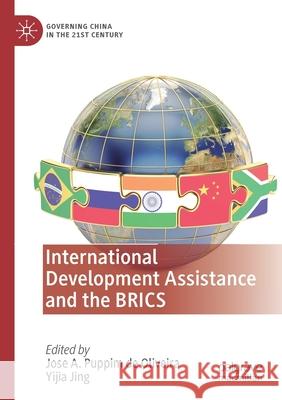International Development Assistance and the Brics » książka
topmenu
International Development Assistance and the Brics
ISBN-13: 9789813296466 / Angielski / Miękka / 2020 / 205 str.
International Development Assistance and the Brics
ISBN-13: 9789813296466 / Angielski / Miękka / 2020 / 205 str.
cena 410,09
(netto: 390,56 VAT: 5%)
Najniższa cena z 30 dni: 385,52
(netto: 390,56 VAT: 5%)
Najniższa cena z 30 dni: 385,52
Termin realizacji zamówienia:
ok. 16-18 dni roboczych.
ok. 16-18 dni roboczych.
Darmowa dostawa!
Kategorie BISAC:
Wydawca:
Palgrave MacMillan
Seria wydawnicza:
Język:
Angielski
ISBN-13:
9789813296466
Rok wydania:
2020
Wydanie:
2020
Numer serii:
000778632
Ilość stron:
205
Waga:
0.32 kg
Wymiary:
21.01 x 14.81 x 1.4
Oprawa:
Miękka
Wolumenów:
01
Dodatkowe informacje:
Wydanie ilustrowane











